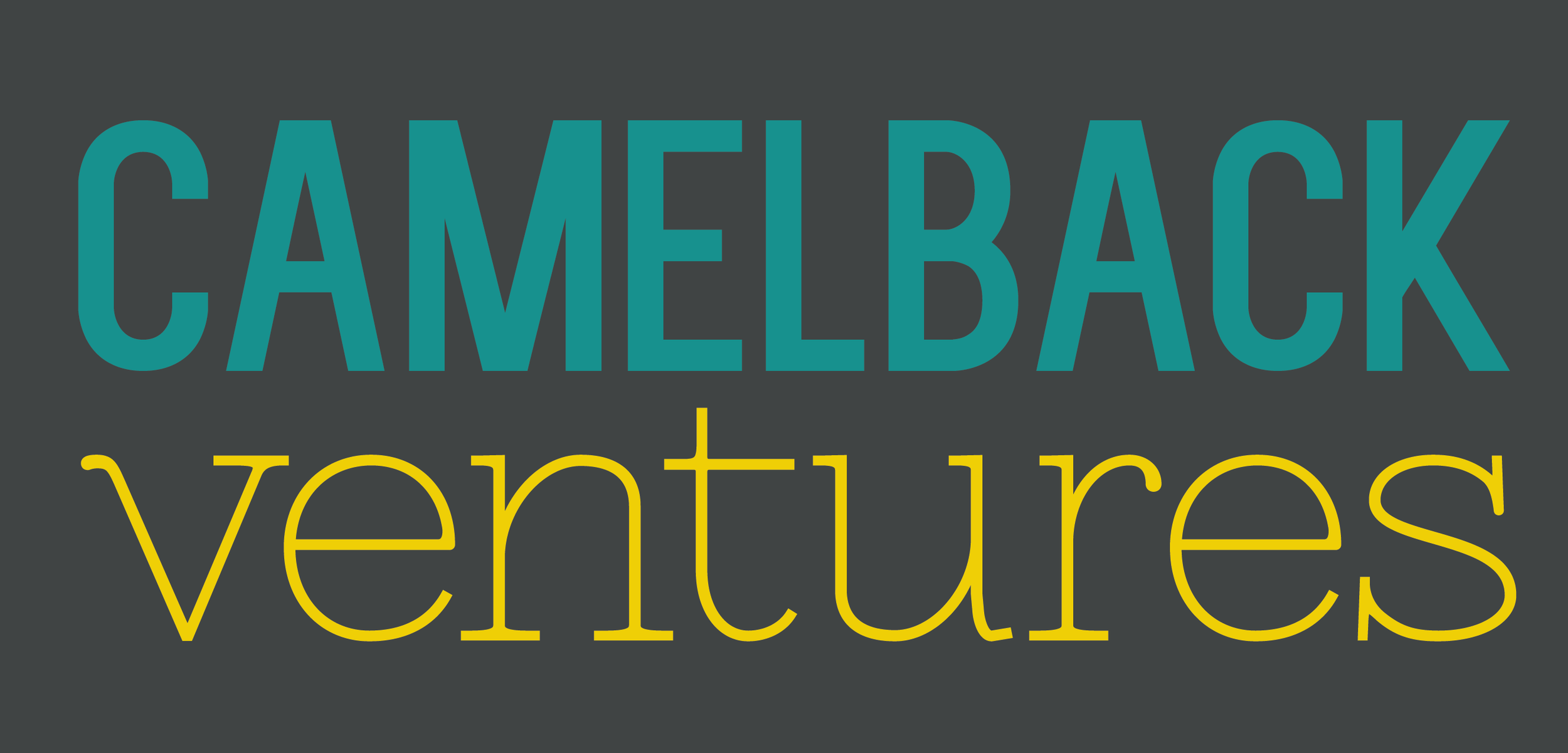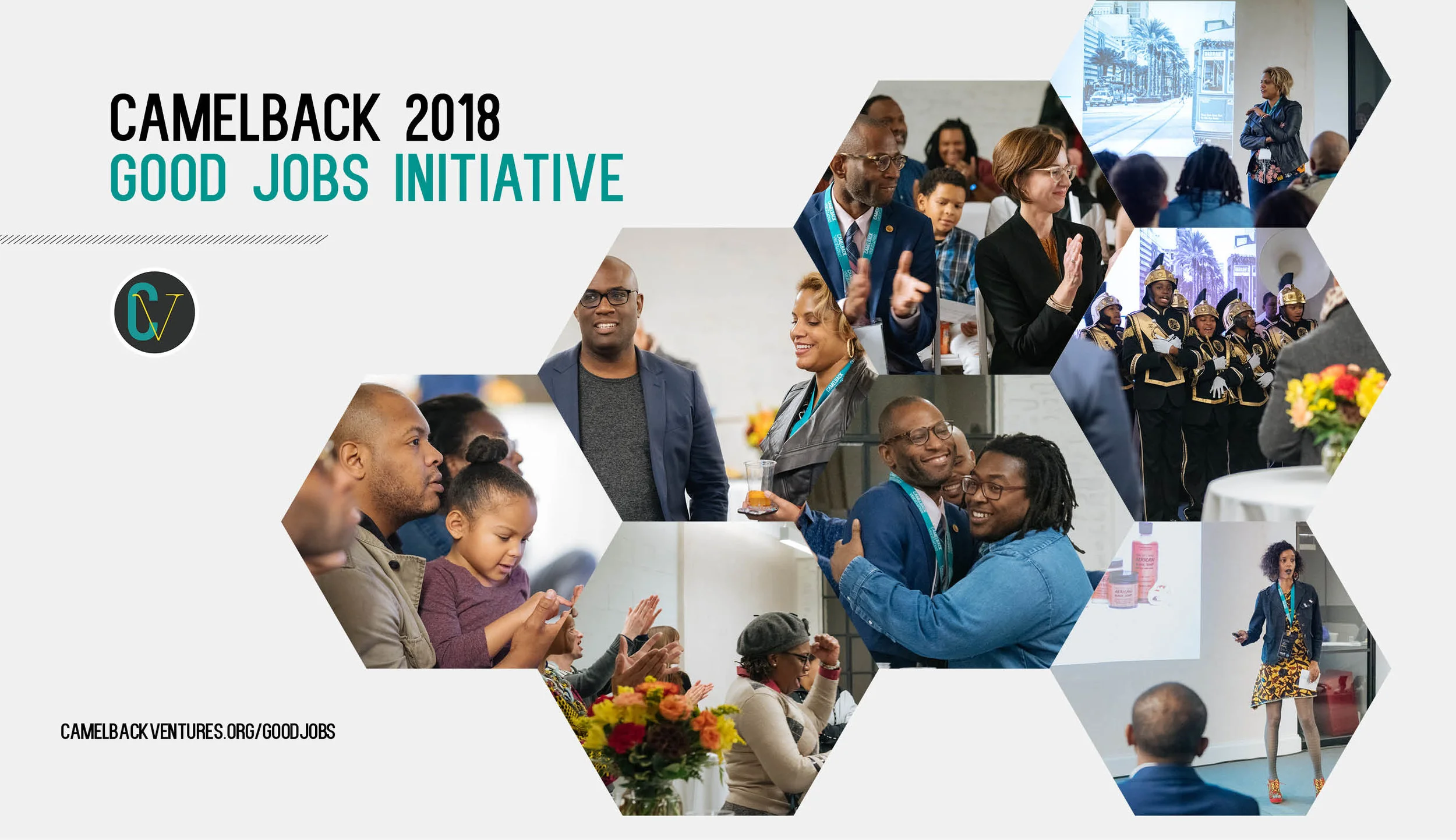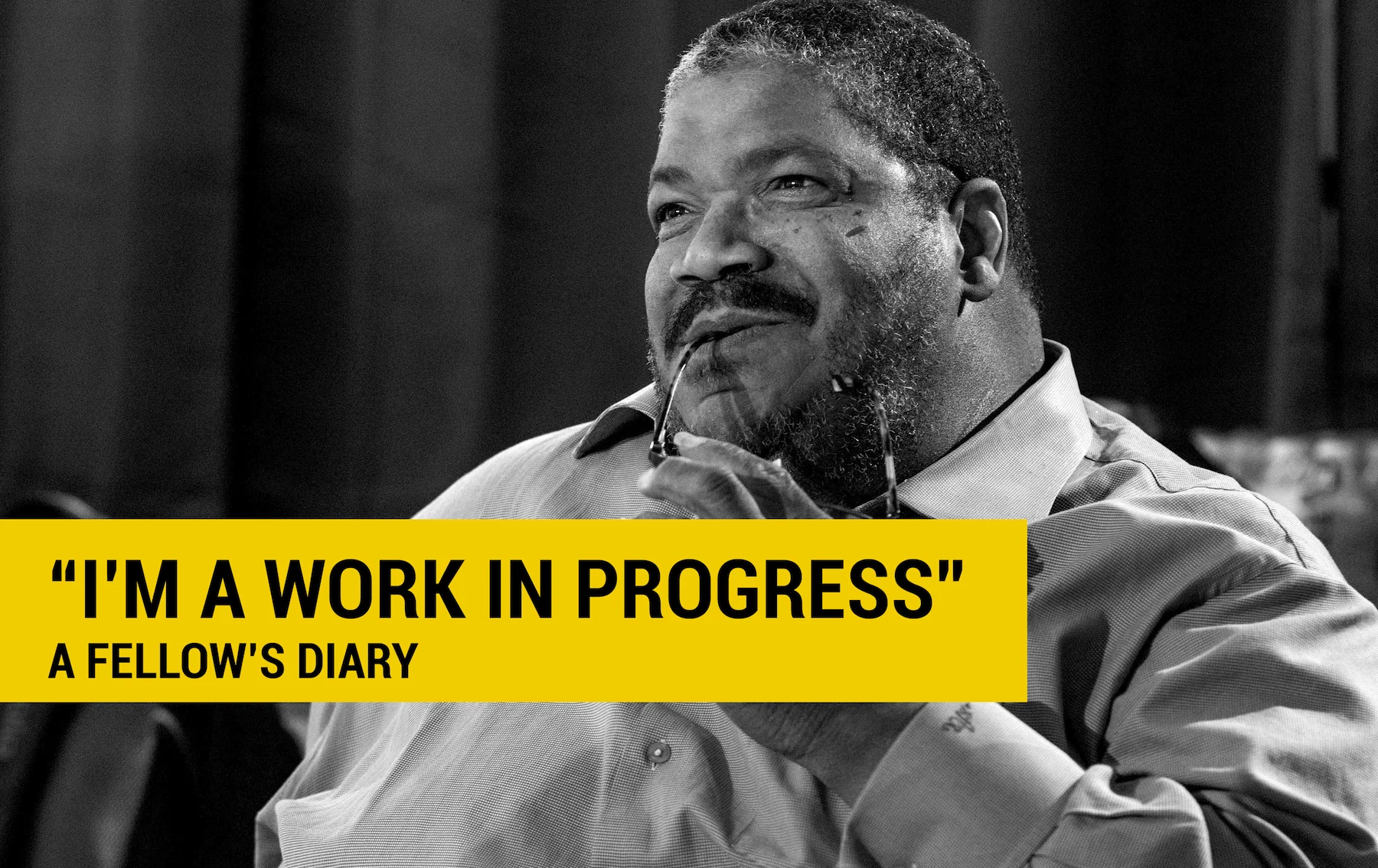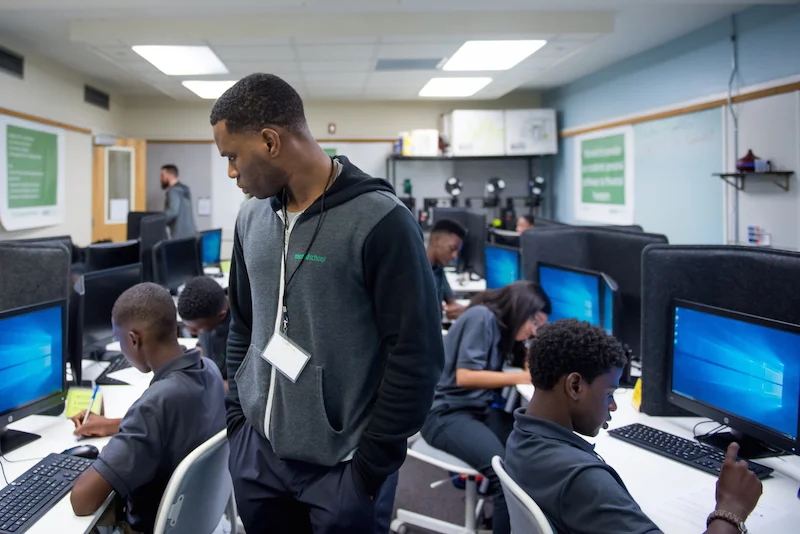Everything You Love About New Orleans Is Black
the author, Nadiyah Morris. photo by Harlin Miller
I recently saw a t-shirt* that read: “Everything you love about New Orleans is because of Black people.”
While this statement is intentionally provocative and may be a bit of a hyperbole, there is some truth in these words.
As a Black daughter of New Orleans with roots that run deep through the crescent banks of the Mississippi, I identify profoundly with all things NOLA. Ours is a place unlike any other in this nation: a melting pot of cultures with a heavy dose of African sound, dance, taste, and color. The music, cuisine, movement, art, architecture, and dialects were created in the lives of African slaves and their African-American descendants.
It is on the basis of this culture that New Orleans consistently ranks in the top 10 tourist destinations of the US, driving visitor spending upwards of $8.7 billion annually. Yet, despite the copious amounts of cash dropped in businesses across the city (whose popularity is a result of past and present contributions from the Black residents of New Orleans), the creators and purveyors of this culture remain economically disenfranchised. What would New Orleans be without second lines, Louis Armstrong, brass bands, okra gumbo, Big Freedia? You get the idea—it would cease to be the cultural beacon it has become.
from the Data Center’s 2017 report for the need for an inclusive economy in New Orleans
The Black New Orleans story is not an uncommon one in the post-emancipation United States. Following the abolition of American slavery, many municipalities, states and our country instituted laws, policies and practices that effectively sought to maintain the economic and social advantages white Americans amassed during the 400 years of legal slavery in the American colonies and later the country. Vestiges of the Black Code and Jim Crow are now more subversive and, in many ways, as effective.
While Black Americans are “free,” most still live in economic bondage. For example, African Americans account for a growing share of business owners in New Orleans—from 21% in 1997 to 40% in 2012—but their receipts have remained stagnant at roughly 2% over that time frame. Many economists estimate that Black wealth will be negligible in the coming decades. As an illustration, according to the New York Times, for every $100 in white family wealth, Black families hold just $5.04. As recent as 2013, the U.S. Office of Inspector General cited Fannie Mae for creating a mortgage finance system in America that has benefited some groups more than others. The result? Effectively strangling the ability of Black Americans to grow their individual wealth through the acquisition of property.
How do we change the disproportionate way wealth is accumulated in our country and in New Orleans? How do we change the way cultural business profits are assigned? How do Black New Orleanians get their piece of the tourism sector and the larger economic pie? How do we make sure that the very people who make this city great do not get pushed out?
At Camelback we believe the answer is entrepreneurship. Last year we made a bet on New Orleans by supporting local entrepreneurs to grow and scale their ventures. I was able to work 1-on-1 with five leaders, four of whom are Black and from New Orleans. As we empower entrepreneurs through our five c’s (Coaching, Capital, Connections, Community, and Curriculum), we enable them to create more profitable business ventures and add good jobs to the economy.
I want to see cultural sustainability through economic empowerment and the creation of good jobs. Where is the local music label? The Black Restaurant Group? The Black-owned textile company?
At Camelback Ventures, we believe that the next great idea, the next Black business mogul resides in the under-recognized communities and neighborhoods of New Orleans. If you believe like we do, please learn more about our Local Economies program and join us in making the next 300 years of New Orleans an equitable experience for all of its sons and daughters.
*We checked on where this shirt is from—it’s by local artist Phlegm. You can read about how it got started and where to buy it here.
If you’re interested in participating in our Local Economies 2020 Fellowship track, please reach out to Nadiyah Morris (nadiyah@camelbackventures.org).









